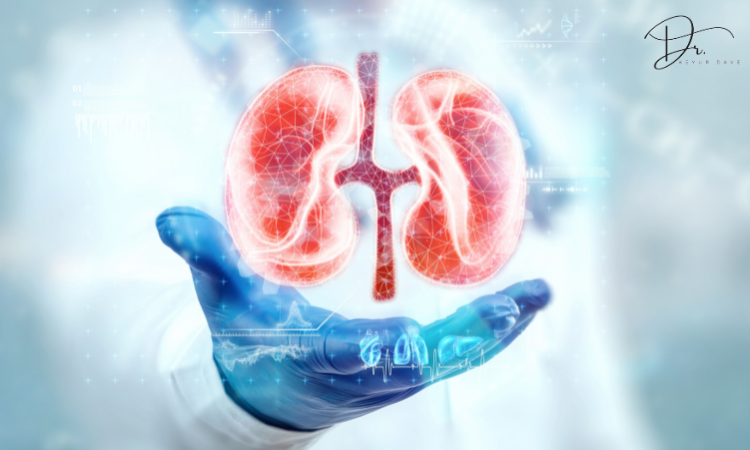
Understanding Kidney Function: Why Your Kidneys Are Vital to Your Health
The kidneys are two vital organs that play a critical role in maintaining overall health. Often overlooked, they are responsible for filtering waste products, balancing bodily fluids, regulating blood pressure, and supporting overall metabolic functions. Understanding how the kidneys work is essential for recognizing their importance and preventing kidney-related diseases.
What Do the Kidneys Do? Your kidneys are responsible for filtering approximately 50 gallons of blood each day. They remove waste products and excess fluids, which are then excreted as urine. Beyond filtration, they also regulate important elements such as electrolytes, acid-base balance, and red blood cell production. Additionally, kidneys help control blood pressure by managing sodium levels and producing a hormone called renin.
Key Functions of the Kidneys:
-
Waste Filtration: The kidneys remove waste from the blood, such as urea, creatinine, and toxins, and excrete them in urine.
-
Fluid and Electrolyte Balance: They regulate fluid levels, helping to balance electrolytes like sodium, potassium, and calcium.
-
Blood Pressure Regulation: Through the renin-angiotensin-aldosterone system, the kidneys help control blood pressure.
-
Acid-Base Balance: The kidneys ensure that the body's pH remains in a healthy range by excreting hydrogen ions and reabsorbing bicarbonate.
-
Hormone Production: The kidneys produce hormones that help regulate red blood cell production (erythropoietin) and calcium metabolism (calcitriol).
Why Kidney Health Matters Without proper kidney function, harmful substances and excess fluids can build up in the body, leading to serious health complications. Kidney diseases, such as chronic kidney disease (CKD), can develop slowly and may not show symptoms until the damage is severe. Early detection and maintaining kidney health are crucial in preventing long-term damage and managing conditions such as high blood pressure, diabetes, and kidney stones.
How to Keep Your Kidneys Healthy:
-
Stay hydrated by drinking plenty of water throughout the day.
-
Follow a balanced diet that includes nutrient-rich foods and limits excess salt, sugar, and processed foods.
-
Exercise regularly to maintain a healthy weight and blood pressure.
-
Avoid smoking and limit alcohol consumption.
-
Get regular check-ups to monitor kidney function, especially if you have risk factors such as diabetes or high blood pressure.
Conclusion Your kidneys may be small in size, but their impact on overall health is significant. Understanding how they function and taking proactive steps to protect them can ensure that your kidneys continue to do their vital work. Pay attention to your kidney health, and don’t hesitate to seek medical advice if you notice any symptoms that could indicate a problem.

.png)